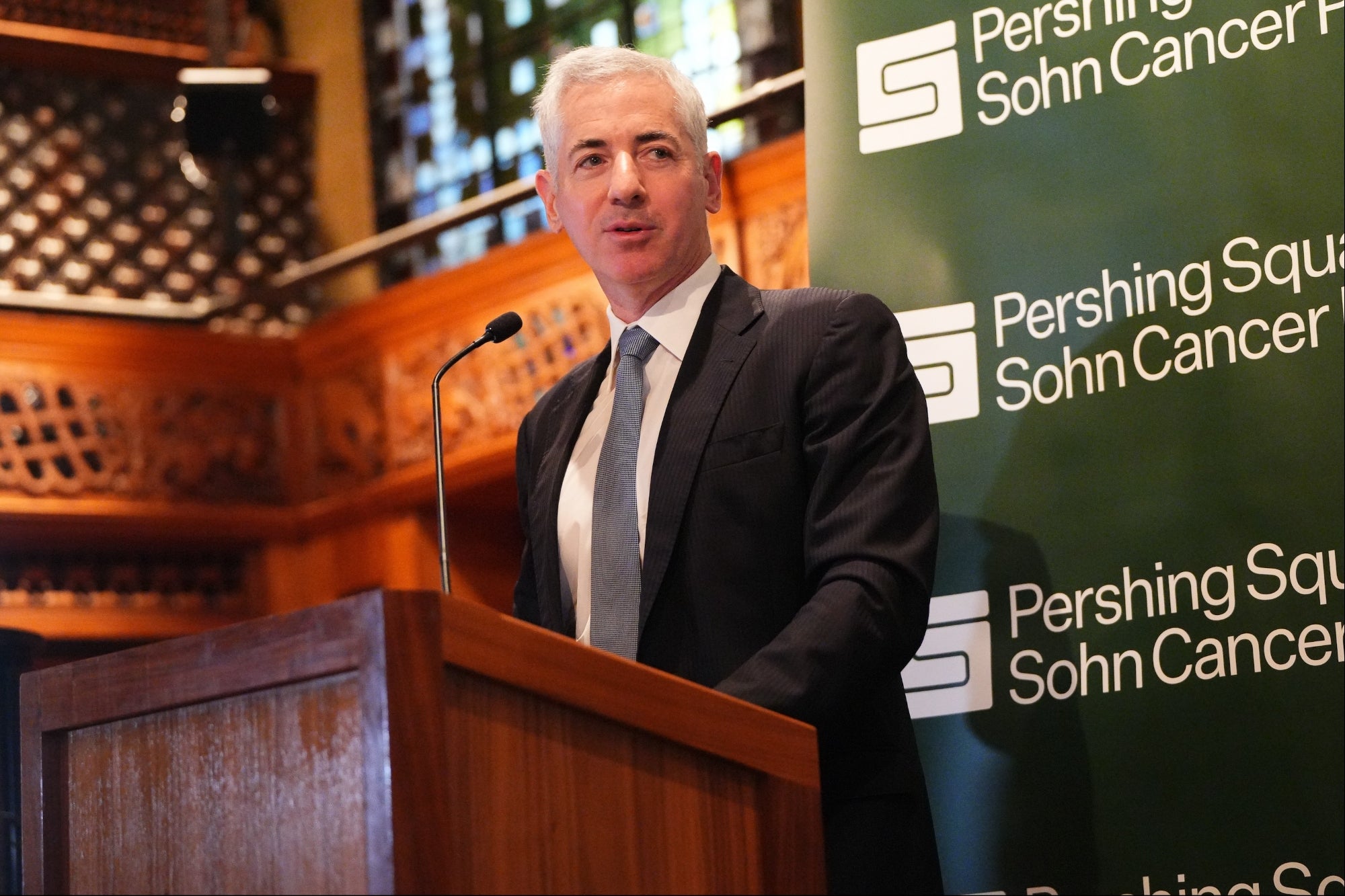This Trillion-Dollar Industry Is Where You Need to Look For Your Next Investment — Here's Why The next trillion-dollar industry won't be social media, crypto or even AI. It will be longevity — the business of extending not just how we live, but how well we live. And the leaders who understand this now will own the future.
By Rejna Alaaldin Edited by Kara McIntyre
Key Takeaways
- Healthspan, not just lifespan, is driving a new market focus, with the longevity economy poised to hit $27 trillion by 2030.
- Innovation is shifting towards longevity-influenced products, from cellular skincare to health monitoring, led by tech giants and startups alike.
- Entrepreneurs don't need to be scientists; opportunities abound in data, AI, subscription services and corporate wellness with a focus on longevity.
Opinions expressed by Entrepreneur contributors are their own.
Here's the uncomfortable truth: Most founders are still chasing yesterday's markets. They're building tools for productivity, or consumer apps that feel safe and familiar. Meanwhile, a new generation of companies is tackling the most universal customer need on earth — more years of energy, clarity and performance.
This isn't wellness 2.0. This is the redefinition of healthcare, insurance, consumer products and even food. By 2030, the longevity economy will be worth an estimated $27 trillion globally. For business leaders, this represents a once-in-a-generation category: It touches everyone, enables recurring revenues and rewards those who build early.
The real question is simple: Will you profit from it — or watch from the sidelines?
Related: Why Personal Health and Wellness Are Key to Business Longevity
Why longevity is the next Gold Rush
For decades, healthcare has focused on treating disease. Wellness became a $5 trillion global industry filled with supplements, wearables and green juices. But now, the shift is toward healthspan — the years we spend in peak physical and mental condition.
The customer demand is obvious:
- Aging populations: By 2034, the U.S. will have more people over 65 than 18. Globally, one in six people will be over 60 by 2030. That's not just demographics — that's a new consumer majority.
- Rising costs: Chronic diseases and mental health conditions already account for 90% of U.S. healthcare spending. Businesses and insurers are desperate for solutions that prevent rather than patch.
- Spending power: The 50+ population already controls more than half of global consumer spending, yet most innovation still chases Gen Z. That's a blind spot waiting to be exploited.
- Cultural momentum: From CEOs like Bryan Johnson spending millions on "biological age reversal" to mainstream adoption of WHOOP and Oura, longevity has gone from fringe to aspirational.
Here's the point: Longevity is no longer about lab coats and science journals. It's becoming a consumer status symbol, a corporate necessity and a national policy issue all at once. That convergence creates rocket fuel for entrepreneurs bold enough to enter.
Who's leading the charge
Look at where the smartest money is already flowing:
- Altos Labs, backed by Jeff Bezos, is pursuing cellular reprogramming to reverse ageing itself.
- Thorne HealthTech is scaling biological age testing and personalized supplementation.
- Deep-tech startups are building senolytics (compounds that clear damaged cells), NAD+ boosters and precision nutrition platforms.
- Consumer brands are reframing skincare, fitness and even food around "cellular longevity."
And it's not just startups. Apple and Amazon are both quietly moving into health monitoring and prevention — because they know the next trillion-dollar market won't be social feeds, it will be life itself.
These aren't small plays. In 2024, longevity startups attracted $8.5 billion in funding — a 220% year-over-year increase. And yet, compared to fintech or AI, this category is still underfunded. That means the window is wide open.
Related: How Entrepreneurs Can Achieve Longevity
Where entrepreneurs can enter
You don't need to be a biotech scientist to build here. In fact, some of the biggest near-term opportunities are business-model plays, not lab breakthroughs:
- Data + AI platforms: Democratize access to advanced diagnostics, biomarket testing or personalized health programs. Think of it as "Mint.com for your biology."
- Longevity as a service: Subscription models for supplements, recovery protocols or wearables that create sticky, recurring revenue.
- Talent and corporate healthspan: Companies will pay for healthier, sharper employees. Expect corporate packages for executive resilience, employee energy optimisation and "longevity perks."
- Consumer rebrands: Skincare, nutrition and fitness companies are already pivoting around the language of healthspan to differentiate. I've already invested in this space myself: Under my brand Rejna, I'm launching a skincare collection called Rejuvenate, built around the concept of "skinspan" — positioning skin health as a core pillar of longevity, not just cosmetics. It's a live example of how consumer brands can reframe their value proposition to align with the longevity revolution.
- Longevity communities: Hybrid digital + physical hubs offering programs, recovery lounges and memberships designed for the new aspirational class: the longevity customer.
Translation for business leaders: You don't need a lab. You need vision, distribution and the courage to build for where the market is going, not where it's been.
How business leaders can act now
- Educate yourself and your team. Follow longevity leaders (David Sinclair, Peter Diamandis and Laura Deming to name a few). Subscribe to longevity reports. Send your team to a longevity summit.
- Identity synergies with your business. Whether you're in food, beauty, insurance, HR or data, there's a longevity angle. If you're not thinking about it, your competitors will.
- Start small, scale fast. Launch a pilot offering: corporate wellness with a longevity spin, a subscription recovery service or a data product built on wearable integration. Test, learn and scale.
- Position for partnerships. Big pharma, insurers and consumer brands will need agile partners. If you're early, you'll be the acquisition target, not the disrupted.
- Signal the story. Investors and employees back vision. Frame your longevity play as part of a bigger comeback or market-defining narrative. The story matters as much as the science.
Related: Why Top Entrepreneurs Are Swapping Beach Vacations for Longevity Retreats
The bigger picture
Longevity isn't about living forever. It's about compressing the years of illness, fatigue and decline — and extending the years of vitality, clarity and purpose.
The smartest entrepreneurs understand this isn't just science, it's strategy. It's the chance to build the companies that will define the next decade of human health — and make fortunes doing it.
The next trillion-dollar industry won't just help us live longer. It will help us live better. The only question is: Are you building for it now, or waiting until it's too late?











